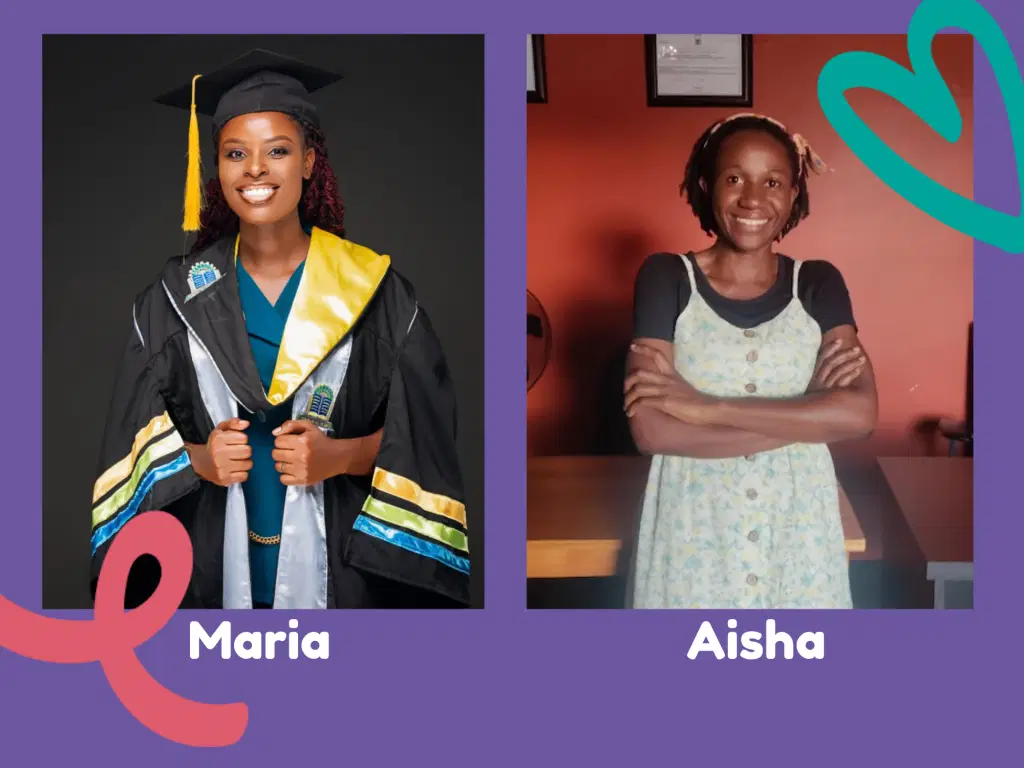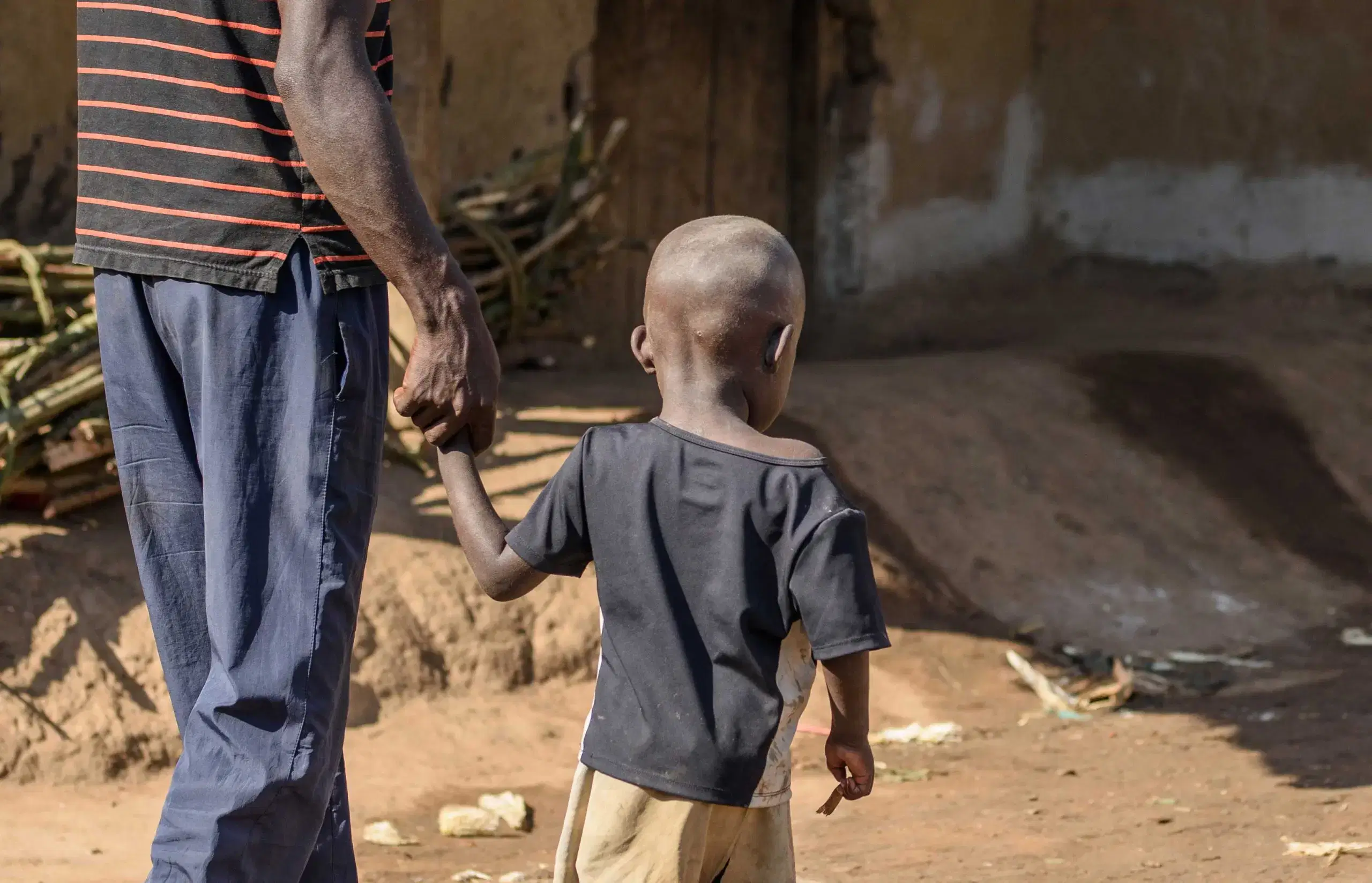Uganda
Ongoing
Funding Partner: Chris Hughes
Local Partner: Hope for Children &
Chance for Childhood
Why is the project needed?
The Walk to School programme was launched in 2008 with the goal of providing children in the Namuwongo settlement with access to education and improving their overall quality of life. The programme began when Hope for Children registered 92 children at St Barnabas School in Kampala, with the generous sponsorship from a single donor, Mr. Chris Hughes. Since its inception, the programme has grown significantly and supported 188 children, helping them stay in school, develop critical literacy and numeracy skills, and avoid the risks of street life.
Today, 52 children remain active in the programme, which continues to provide crucial support for their education and well-being.

About the Project
Namuwongo is a complex environment where children face numerous risks, including child labour, exploitation, abuse, and delayed teenage pregnancies. Many children are at risk of dropping out of school or never enrolling at all. Without access to education, these children are left vulnerable and without opportunities for a better future.
The Walk to School programme addresses these challenges by providing children with access to quality education and protecting them from the dangers of street life. The programme equips children with foundational literacy and numeracy skills, while also educating them and their families about their rights.
Goals and Objectives
The Walk to School programme is focused on several key objectives:
- Improving Literacy and Numeracy Skills: All students in the programme have shown improvement in their literacy and numeracy skills. These are essential for their future success, and without the programme, these achievements would have been unlikely.
- Reducing Child Labour and Teenage Pregnancy: By keeping children in school and off the streets, the programme has significantly reduced instances of child labour and delayed teenage pregnancies. Children and their families have learned about their rights, leading to greater protection and opportunities for the children.
- Providing Long-Term Support and Stability
Our impact so far
The Walk to School programme has demonstrated lasting positive effects on the children and families involved:
There have been 82 Graduates to date:
- 5 young adults graduated with degrees after completing S.6.
- 21 graduates earned certificates in various fields after completing S.4.
- 10 young adults currently pursuing degrees, diplomas, or certificates after completing S.6.
- 15 young adults are pursuing vocational certificates after completing S.4.
- 12 young adults completed S.6 and are either working or continuing with tertiary education.
- 9 students completed S.4 and have secured employment.
Improved Literacy and Numeracy: All students who participated in the programme have shown marked improvements in literacy and numeracy, setting them up for future success.
The programme continues to provide crucial support for 52 active students, helping them stay in school and build a strong educational foundation. Through the ongoing commitment of sponsors and the dedication of the Hope for Children team, the Walk to School programme will continue to help vulnerable children escape the cycle of poverty and reach their full potential.
Success Stories
Aisha was enrolled in the Walk to School programme at the age of 13. Now, she is a key member of the Hope for Children staff team in Namuwongo, helping other children in the same situation she once faced. Her story highlights the long-term, transformative impact the programme can have, not just for individuals, but for the wider community.
Maria has recently graduated with a degree in Community Based Rehabilitation. She joined Walk to School at ten years old. read her story here.


